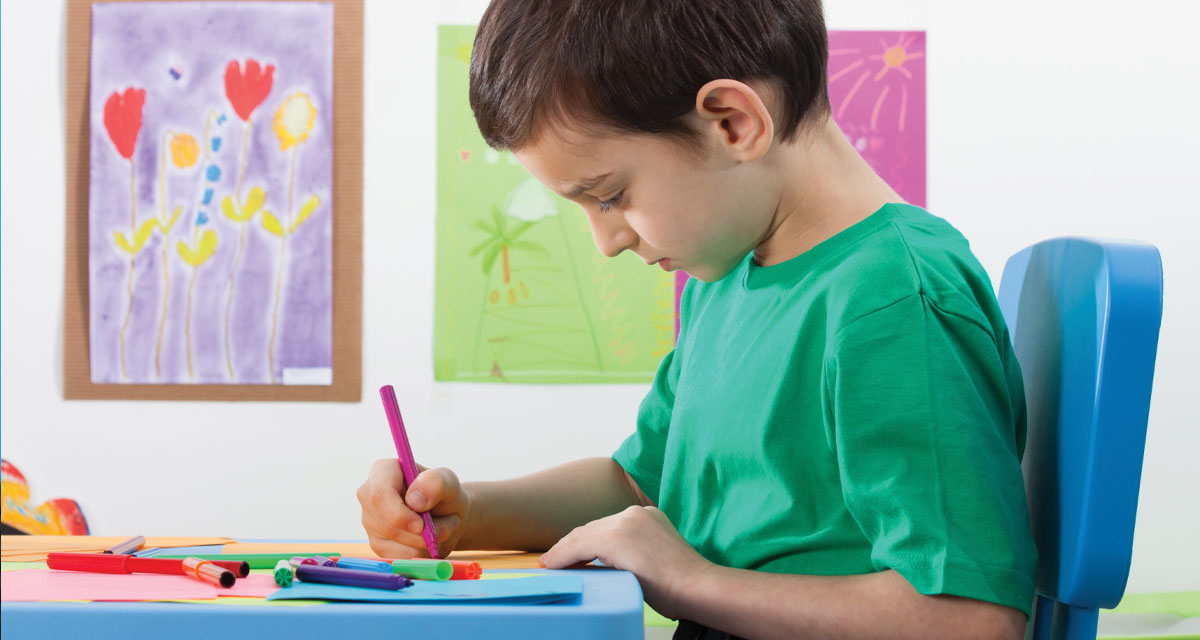By Triad Moms on Main Guest Blogger Tracy Huneycutt
I remember the weeks leading up to my son’s Kindergarten year last summer. We had all of his school supplies purchased and ready, he had a new book bag and lunch bag picked out. He had completed two wonderful years of preschool, so as a family we felt ready and excited to embark on this new endeavor. Overall, it was a wonderful year, but there were many unexpected things I learned as a parent along the way. No amount of supply lists or school correspondences could have prepared me emotionally and mentally for the growth, change, and hurdles that came with this first year of school.
Kindergarten has changed so much since I was little. I remember when Kindergarten was very play-based with more downtime. Now, teachers have more educational demands placed on them. My son’s preschool offered a two-hour gap in the day for napping and rest, so he had trouble adjusting to the jam-packed schedule of Kindergarten, especially during the first few months. At first, I fretted over the mood swings and meltdowns he went through over seemingly trivial things, but after speaking with other moms, I realized my son was not alone. He was learning how to adjust to more demands within the school day, with less time to decompress. We learned to be supportive and offer advice, but also realized there were days when we had to step back and allow him to have his “moment,” however uncomfortable it was. Firm bedtimes were a must for us—ample rest was so important this past year! We made the decision to keep extra-curricular activities to a minimum, in order to retain the most focus on school as he adjusted.
Kindergarten teaches children to be independent and to try things for themselves—even if they don’t get it right the first time. We had already started to cultivate a sense of independence in our son, but this year encouraged us to match what he was learning at school—to provide him opportunities to work out problems on his own and to let him make more choices when it was safe and appropriate. There were days when he wanted us to give him answers instead of trying for himself. As tempting as it was to help him, we encouraged him to try, even if it could be frustrating at first. Over the course of the year, we worked out ways in which we could provide him opportunities to make more decisions, as he was eager to feel like he had more control over the things that impacted him. He definitely matured in many areas as a result, and we were excited about the growth he experienced this past year.
There will be children from all ethnic, religious, and socioeconomic backgrounds at school. When our child came home with questions or made statements about things he observed, it was a perfect chance for a teachable moment, and to reinforce that we are to treat everyone with love and respect despite differences. Additionally, our son would sometimes talk about children who he believed to be “mean.” We often had to take a step back and make sure mountains weren’t being made out of molehills. Often with younger children, their perception of what makes a child “mean” could be something like having trouble sharing or with working through emotions in tough situations. We explained what true bullying was, how to handle the feelings he experienced when he felt left-out or hurt, and encouraged him to be kind to everyone, regardless of how he might be treated by them.
I joined my son’s school PTO and volunteered when my time allowed this first year, and it provided me with a whole new perspective about education. Staff and teachers are responsible for much more than lessons taught in the classroom—there is much involved in running a school successfully and keeping students safe and engaged. During field trips and days when I was able to visit the classroom, I enjoyed watching how all the children interacted together. Kindergarten is a sweet age full of love and concern for classmates; it warms your heart to see the children learning together. Additionally, teachers and staff are so appreciative of any positive help and support they receive—and when staff and teachers are happy and taken care of, your child’s overall experience will be that much more wonderful!



















